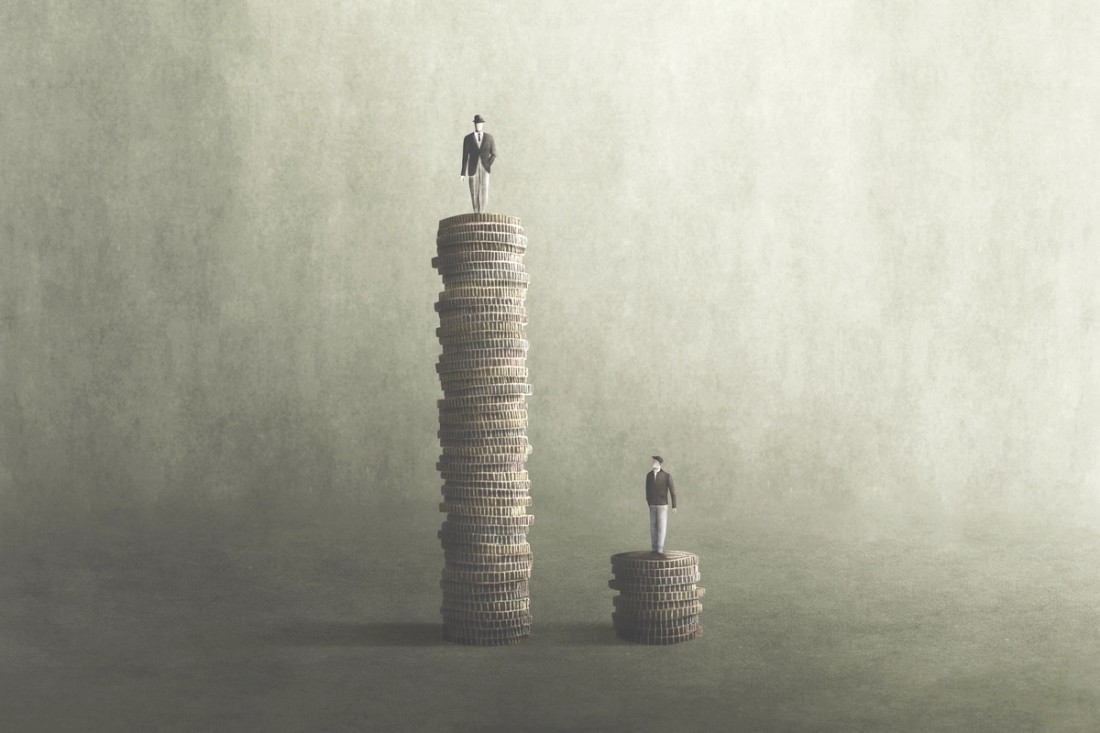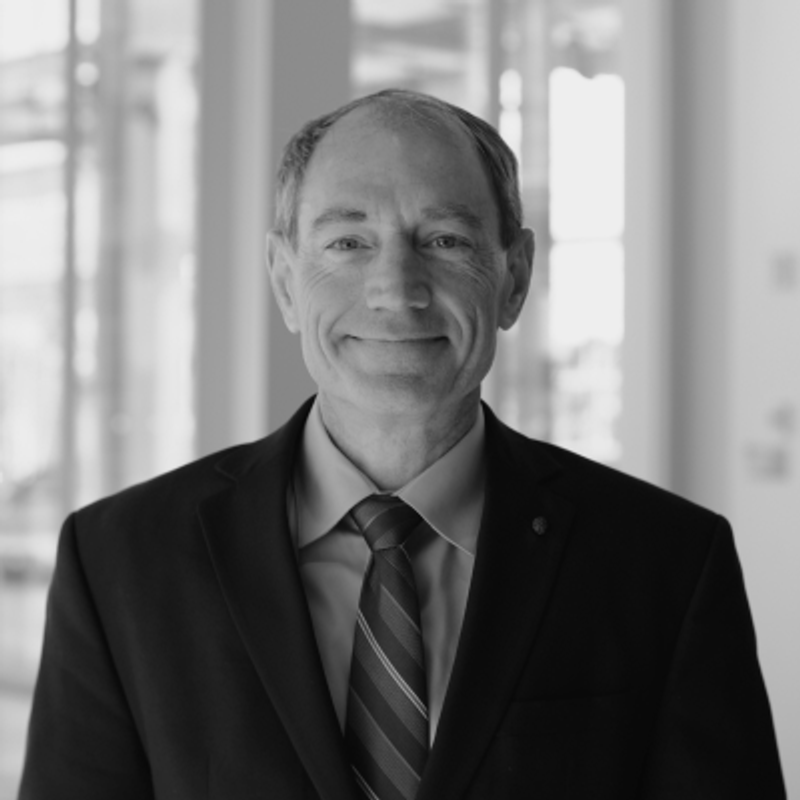I Have Seen What Happens When Economic Systems Fail. America Should Pay Attention.

What can the U.S. learn from the economic collapse of post-Soviet Union? The head of the Columbia Center for Political Economy answers.
I will never forget the chaos at Kyiv's postal offices in 1997. Elbows flew, curses erupted, as desperate Ukrainians fought to collect paychecks that were rapidly becoming worthless. The country had endured three currency devaluations in one year — by the third, people were using last year's banknotes as toilet paper. As a young Peace Corps volunteer fresh from America, I was witnessing what happens when an entire economic system collapses.
Nearly three decades later, as Project Director for Columbia Global’s Center for Political Economy, I see troubling parallels between post-Soviet Ukraine's dysfunction and America's growing economic crisis. The difference? Ukraine knew its system had failed. America is still pretending our economic system — neoliberalism — works.
Neoliberalism, developed by Milton Friedman and like-minded economists in the 1940s and 50s, has dominated American policy for over 50 years. Its core tenets — individual freedom, private property rights, and deregulated markets — rest on the belief that the "invisible hand" of the market knows better than government and that wealth will trickle down to all levels of society.
The data reveal how thoroughly that theory has failed. American families in the top 10 percent now hold 67 percent of all wealth, while families in the bottom half own less than 3 percent. The racial wealth gap has exploded — in 2019 the gap between the mean wealth of white households outpaced black households by $842,000. In 2022, that gap had swelled to $1.15 million. The American Dream has faded, and for many has become a nightmare.
This is not natural market evolution. In Ukraine, I watched well-meaning Western advisors push "shock therapy" and rapid privatization — textbook neoliberal policies that were supposed to unleash prosperity. Instead, oligarchs captured the state, wealth concentrated dramatically, and ordinary Ukrainians saw their living standards plummet.
Sound familiar? We are witnessing the same pattern of wealth concentration in America.
The human cost became clear during a worker training hosted last year by the Center for Political Economy. The objective of the training was to introduce new methods to improve worker organizing, and thereby the care provided to humans in need, across the U.S. Participants included organizers from nursing homes across the country — facilities increasingly owned by private equity firms focused on extracting profit rather than providing care. I recall one of the participants sharing during the training, “Lifting boxes hurts your back. Lifting people hurts your back…and your feelings.” When essential services become vehicles for financial extraction rather than community support, we have lost our way as fundamentally as post-Soviet Ukraine did.
My Ukraine experience taught me that economic paradigms can shift rapidly when they cease serving people's needs. What seemed permanent — Soviet central planning — dissolved almost overnight.
This is not unique to one part of the world. Throughout American history, economic models have evolved, often through university research responding to technological revolutions. Neoliberalism itself emerged from academic work addressing post-war economic challenges. Today, we face equally transformative changes — the rise of AI, the climate crisis, the digital economy — that call for new economic thinking.
At Columbia's Center for Political Economy, we are developing that new framework through cross-disciplinary research that brings together, among others, economists, political scientists, sociologists, legal scholars, and practitioners. We are examining how financial market crises like 2008 can be prevented, analyzing how recent legislation like the Inflation Reduction Act actually influences legislative behavior, and exploring how worker organizing can address the care crisis in industries like nursing homes.
We are also drawing insights from international examples where different approaches have succeeded. The question is not whether alternatives exist — it is whether we will implement them before our current system reaches a breaking point.
We can reform our economic system to serve broader prosperity and strengthen democratic governance, or we can allow inequality to continue growing until our democratic institutions buckle under the strain.
The paradigm shift is already beginning. Recent legislation like the Infrastructure Investment and Jobs Act represents a move beyond pure market fundamentalism. Both parties now question the globalization orthodoxies that dominated policy for decades. Renewed interest in worker cooperatives also signal a broader grass-roots call for paradigm shift.
The question is not whether change is coming — it is whether we'll shape that transformation or let it shape us. Ukraine chose its path toward democracy and prosperity, even under the most difficult circumstances.
Now it is America's turn to choose.

David Caughlin is the Project Director of the Center for Political Economy (CPE). Supported by the Hewlett Foundation and housed within Columbia Global at Columbia University, CPE expands upon existing Columbia initiatives, seeding new research, scholarly publications, policy briefs, curricular materials and networks of scholars and practitioners within and beyond the university.